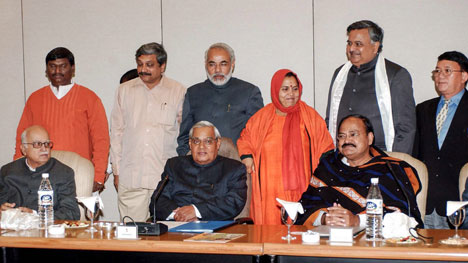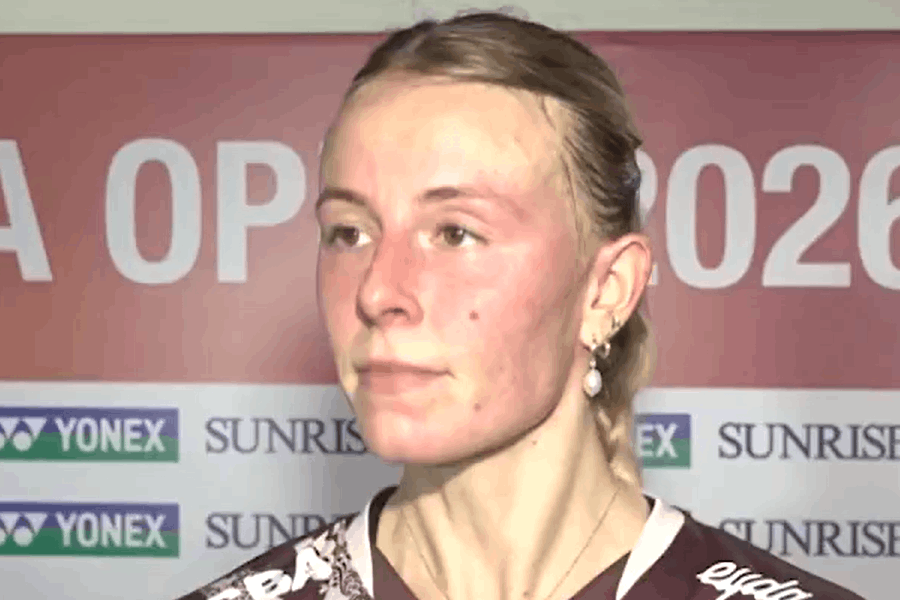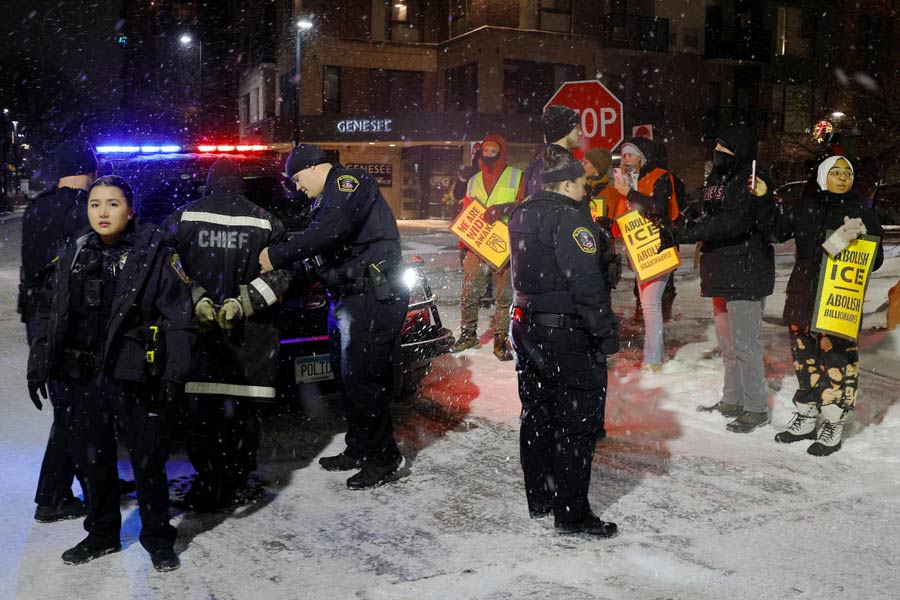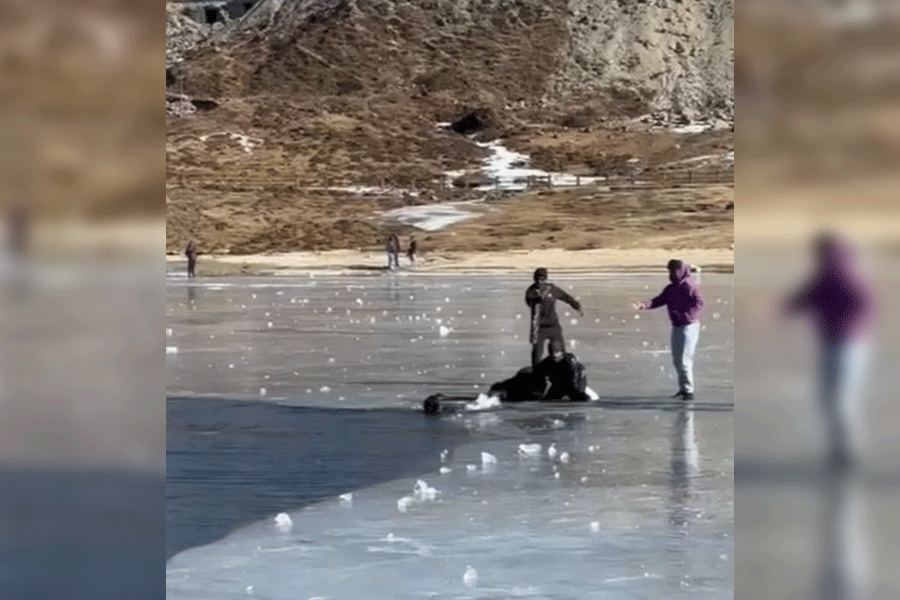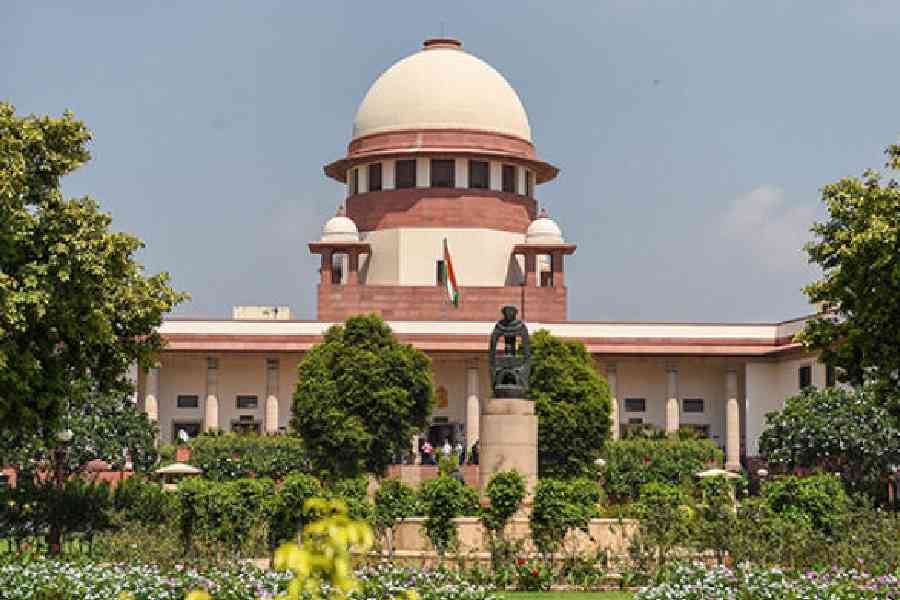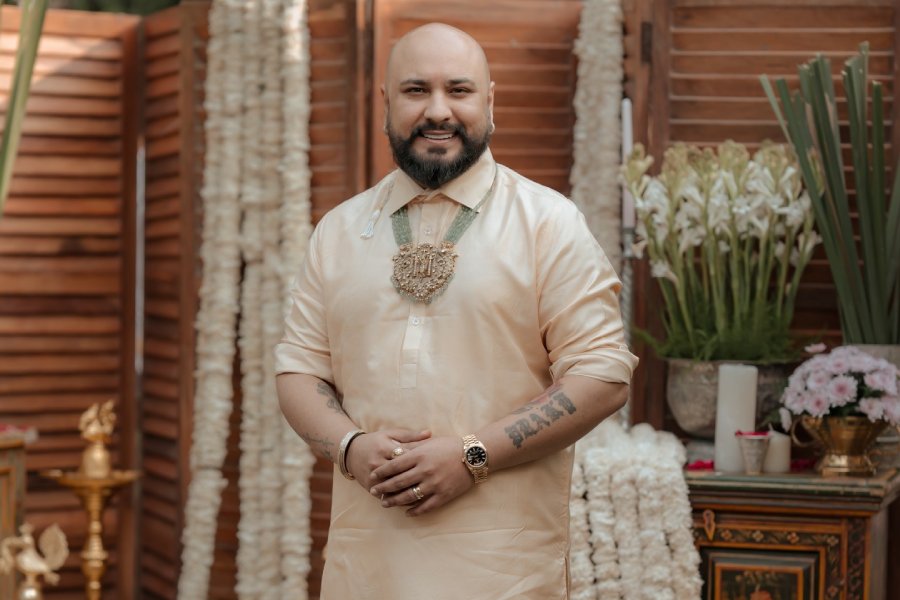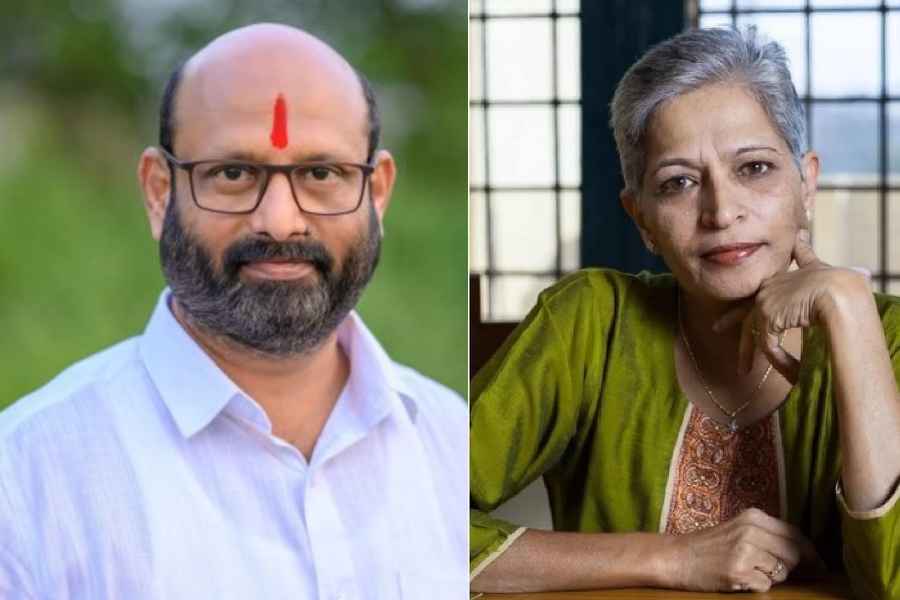
New Delhi: Atal Bihari Vajpayee during his political life evoked two dominant reactions - some described him as the "right man in the wrong party" while others argued that "his moderate face had helped the BJP acquire legitimacy".
The subtext in both the assessments was that he was seen as a moderate. Congress veterans always said it was possible to deal with Vajpayee even though he came from the RSS. The "right-man-in-the-wrong-party" narrative didn't resonate in political circles alone, even the masses judged him by a different yardstick from that used for his hawkish comrade L.K. Advani, who had fashioned himself as the "iron man".
After the arrival of Narendra Modi, even diehard critics who saw Vajpayee-Advani playing a clever good-cop-bad-cop routine to fool the people would say someone like Vajpayee, who was Right-wing but believed in parliamentary democracy and pluralism, was critical to controlling and mainstreaming extremist elements of the Sangh parivar. No Opposition leader has criticised Vajpayee's politics after 2014.
That Vajpayee was a democrat to the core was strikingly manifest when he accepted with grace the fall of his government by one vote in 1999. He returned with a bigger mandate and enjoyed a cordial relationship with the Opposition between 1999 and 2004, a miracle when seen in the context of the antagonism today. In Parliament, too, Opposition leaders never fought shy of showing their respect for Vajpayee.
The Tehelka scandal of 2001 did not dent his image and Opposition veterans Chandra Shekhar, Somnath Chatterjee, Madhavrao Scindia and Priya Ranjan Das Munshi vouched for Vajpayee's personal integrity in Parliament.
It was reported that Vajpayee as Prime Minister had secretly instigated Opposition leaders to mount pressure against sending troops to Iraq when he was getting isolated in his own government.
India had almost yielded to pressure from the US to send 20,000 troops to war-ravaged Iraq in mid-2003, with top ministers Advani, George Fernandes and Jaswant Singh agreeable to the idea.
At this stage, Vajpayee reportedly invited some Left leaders for a lunch and privately egged them on to protest. Insiders claim he also discreetly advised Congress leaders to raise the issue. The Opposition kicked up a ruckus and Vajpayee used that to shelve the plan, saving India from what might have been a misadventure.
Such coordination is unthinkable now. Vajpayee had friendly relations with most Opposition leaders and socialised with them. Modi never misses an opportunity to ridicule and humiliate Opposition leaders, who return the fire with equal force.
Opposition leaders who blame Modi's belligerence and vindictive attitude for the strained ties today argue that dealing with Vajpayee was possible because of his faith in constitutionalism.
Although there were several instances of attacks on minorities during the Vajpayee regime, he never appeared to be supportive of these and ensured quick administrative action. The riots in Gujarat happened during his tenure as Prime Minister, but there was a public perception that he was unhappy and wanted to remove Modi as chief minister. He publicly rebuked the Gujarat government, saying "what face will I show to the world" and asking Modi to uphold " rajdharma".
It was this moderate face and consensual approach to leadership that enabled the BJP to shed political untouchability and sew up a large coalition to take on the Congress. Leaders such as Fernandes, Nitish Kumar, Ram Vilas Paswan, Chandrababu Naidu, Mamata Banerjee and M. Karunanidhi had pointed to Vajpayee to defend their alliance with the BJP.
Most of these parties today readily align with Modi's BJP, but that was not possible three decades ago even under Advani's leadership. It was because of Vajpayee's sagacity that contentious issues like the Ram temple, Article 370 and the uniform civil code were formally set aside as a condition for a coalition. As the first president of the BJP in 1980, he included Ram Jethmalani and Sikander Bakht in the committee to draft the party constitution in which the word Hindu did not appear even once.
Vajpayee, whose closest friends included former Prime Minister P.V. Narasimha Rao, was sent to the United Nations by a Congress government to present India's case on Jammu and Kashmir. A secret Nehru fan, Vajpayee was also helped by former Prime Minister Rajiv Gandhi in getting medical treatment in the US for a kidney ailment.
Political differences should not be taken as personal enmity, he always said.
Speaking in New York in 2002, he had recalled that when Parliament was attacked, Sonia Gandhi had telephoned him at home to ask: "Where are you, are you okay? I am okay, are you okay too?" He said: "This is the greatness of Indian democracy. We have differences in our politics but the whole world also believes that India is moving unitedly ahead."
During his tenure from 1999 to 2004, he never tried to discredit previous regimes, let alone launch a concerted effort to erase the legacy of the Nehru-Gandhi family as Modi has done.
He did not say India had got respect in the world only after he took over the reins, and that previous regimes did nothing for 50 years. The moderate face was gracious, too, the reason it commanded a respect that few RSS leaders have got.

